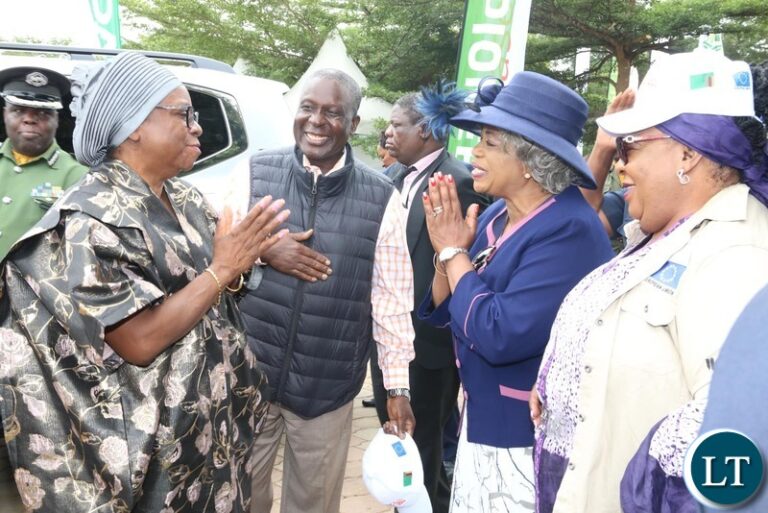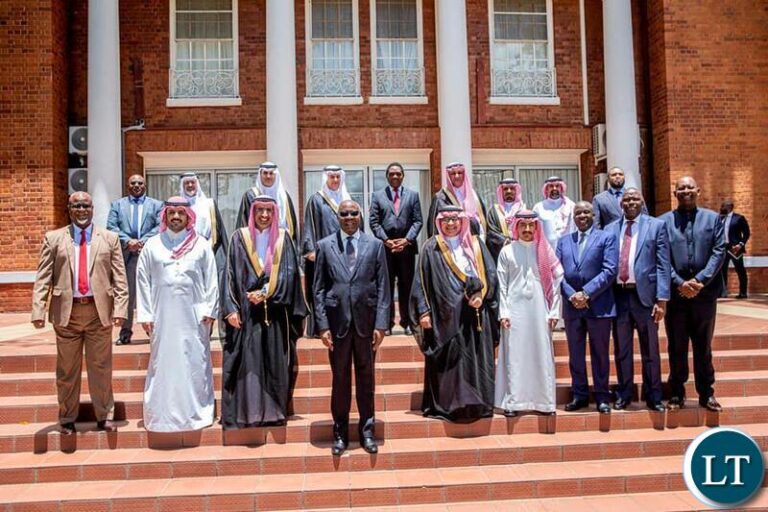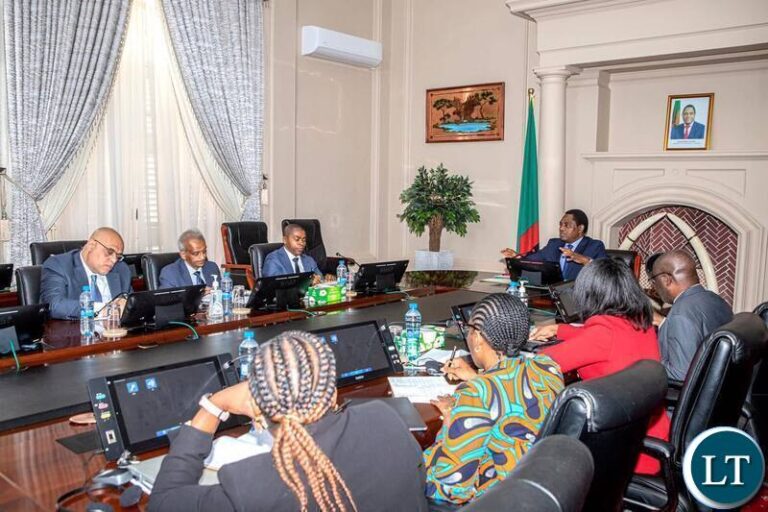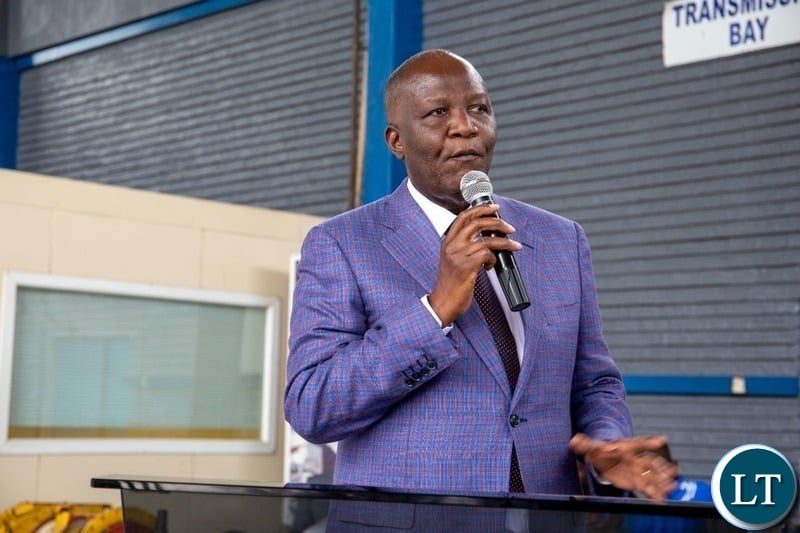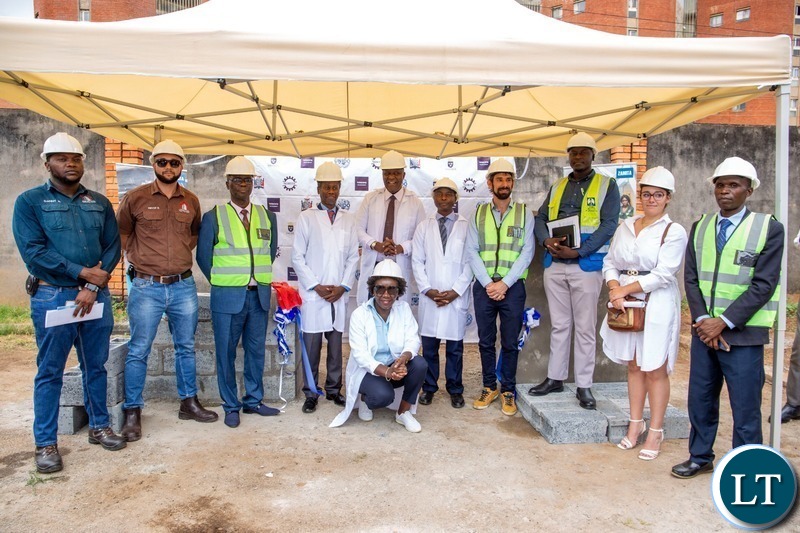The UPND government has initiated a comprehensive campaign named “360 Ulimi Okwana” aimed at mechanizing 500,000 hectares of small-holder farmers’ land by 2027, with the primary objective of enhancing food and nutrition security across the nation.
President Hakainde Hichilema announced the launch of the campaign, which will be overseen by the Ministry of Agriculture, emphasizing its role in bolstering agricultural productivity. President Hichilema outlined plans to establish up to six regional Mechanisation Centers of Excellence in collaboration with the private sector and cooperating partners, with one center slated for construction this year and three more by 2025.
Speaking at the launch of the national agricultural mechanization strategy in Lusaka, President Hichilema, represented by Vice President Mutale Nalumango, highlighted the expansion of the Sustainable Agriculture Facility Credit Window to facilitate access to finance for agricultural mechanization equipment, livestock, and fisheries.
Agriculture Minister Reuben Mtolo disclosed plans to construct a center of excellence in each province, equipped with a range of machinery to demonstrate their utilization. Additionally, six centers will be established in each district, where equipment will be available for hire by farmers.
European Union Ambassador to Zambia and COMESA, Karolina Stasiak, advised the Zambian government to implement innovative policy reforms in the agriculture sector to enhance productivity. Stasiak emphasized that mechanization would lower production costs and bolster food security.
Similarly, Food and Agriculture Organisation (FAO) Deputy Director-General Beth Bechdol lauded the national agricultural mechanization strategy, noting its potential to transform the sector and ensure food security and nutrition. Bechdol’s sentiments were echoed by her representative, Suiz Filipini.
The launch of the “360 Ulimi Okwana” campaign signals a significant step towards modernizing Zambia’s agriculture sector, underscoring the government’s commitment to enhancing food security and empowering small-holder farmers.


